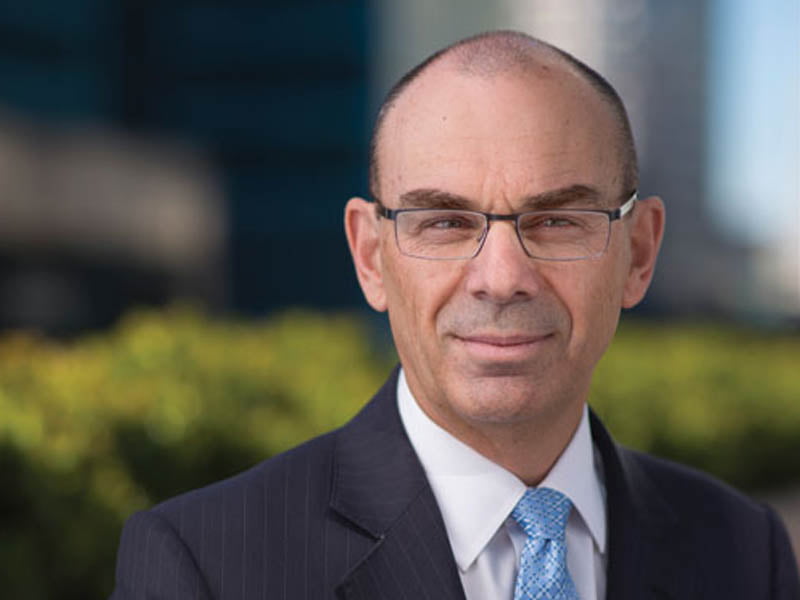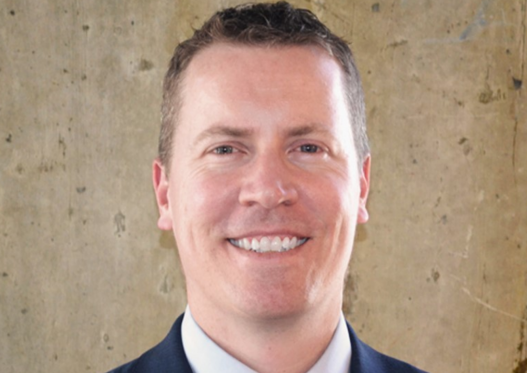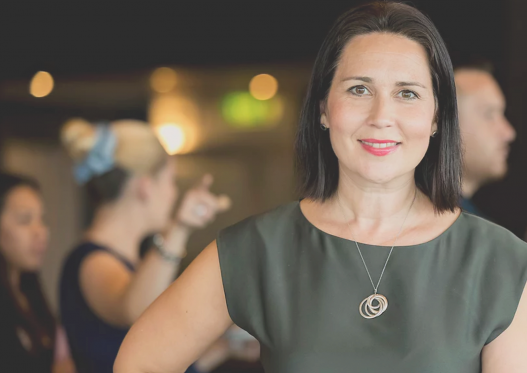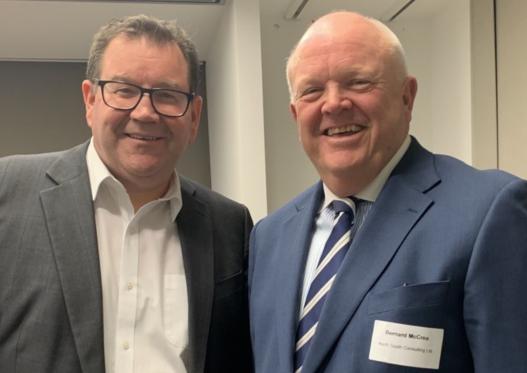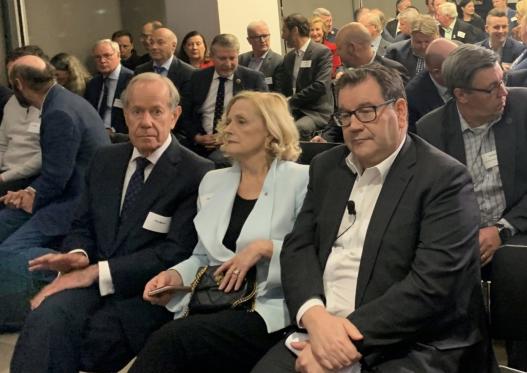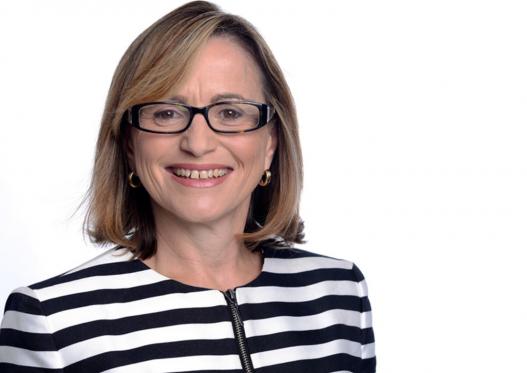Australian Prudential Regulation Authority Chair Wayne Byres, who is a Senior Fellow, agreed to start the series.
Q. Why did you join FINSIA and how has this benefitted you personally?
I’m a long-time member, having joined both of FINSIA’s predecessor bodies: the Australasian Institute of Banking and Finance and the Securities Institute of Australia. In both cases, I joined early in my career, as a way of furthering my education and professional knowledge. I also thought that both institutes played an important role in thought leadership across the financial sector, and as someone starting their career I gained a lot from their education services, events, publications, and alike. More recently, I’ve been a strong supporter of FINSIA’s efforts to drive stronger professional standards in the financial sector.
Q. How important do you think the role of professional bodies are in a financial services ecosystem?
Professional bodies have an important role to play in representing and advocating for their industries. However, as I said in a speech to a FINSIA event a couple of years ago, the financial sector probably hasn’t embraced professionalism as much as it might have. Thankfully, that seems to be shifting now. Strong and well-supported professional bodies, with real buy in from industry leaders, can provide an important platform for delivering outcomes that are positive for the long-term health of the industry, as well as, importantly, its customers.
Q. With digital interactions happening so frequently now and for much larger sums, is professionalism as important today as it was in 1886?
That’s a good question. My short answer is yes. The point I made in the speech I referred to earlier was that, as much as we can all see the amazing advances in technology, people will remain central to the financial system for the foreseeable future. Technology will help but, for the time being, humans will still decide what strategy to pursue, choose which products to offer, select what features they will have, determine how they will be distributed, devise the decision rules by which they are sold, and deal with disputes. And corporate governance and culture still need traits that (at least for the time being) only humans can provide: leadership, judgement, a strong ethical and moral compass, and the ability to balance the interests of the company, shareholders, consumers and society in general. The future may be on built on technology, but people will still do the building.
Q. In re-reading your speech focusing on professionalism from FINSIA’s Summit in 2018 - around the time of the interim report into the Royal Commission - and noting the quote about ‘Good banking … not produced by good laws, but by good bankers’ I wondered where we are today given the impact of COVID.
Reflecting on the criticisms made by the Royal Commission, I think we’ve seen positive signs that the industry very much understands it has to operate with more than the short-term interests of shareholders in mind. COVID-19 has given the financial industry a chance to demonstrate that, and it’s done a good job in my view – whether it’s granting borrowers loan repayment deferrals, delaying insurance premium rises, or facilitating prompt access to superannuation monies in times of need. The financial sector has stepped up to the plate to use some of its financial strength to support the community in a time of crisis. There has been a ready acceptance that that’s been the right thing to do, regardless of the impact on the P&L.
Q. If there was one thing you would say to FINSIA to keep doing, what would it be?
Not lose sight of its roots. Successful organisations tend to be those that have a clear sense of purpose, and pursue it relentlessly. The original purpose set in 1886 for the newly-established Bankers’ Institute of Australasia was to ‘drive improvements in professional practice and high standards of conduct .’ That’s just as important today as it was then, and it will ideally remain the driving force behind all that FINSIA does .
Q. As well as helping individuals raise their own professional capability, FINSIA seeks to serve financial institutions and the industry towards the same purpose. How could FINSIA and institutions work together more effectively?
I don’t think it's possible to separate helping individuals from helping the organisations they work for. To have a successful, highly regarded financial sector, you ultimately need to help both. So it's critical that, as well as supporting its broader membership, FINSIA is working closely at the executive and Board levels to make sure that, as much as is possible, the objectives and vision that FINSIA has for the industry are shared by the industry’s most senior leaders. A commonality of purpose makes any task so much easier.
Q. As a regulator you see the often significant variations across the industry in capability and sometimes ethics, what would practically help ensure consistently high standards?
There’s no silver bullet here. It will be a mix of factors that we need to get right – sometimes involving carrots, and sometimes involving sticks. Regulators obviously need to play a role in setting, communicating and enforcing strong minimum standards. But we don’t want an industry that just does the bare minimum. Leadership is therefore critical, so we need a strong acceptance across the most senior leadership of the industry that high standards of professional behaviour are clearly in the industry’s long-term interests. Professional bodies like FINSIA can help as a means to facilitate the setting of those aspirational standards. And then it comes down to individuals to see and embrace the opportunities that a professional mindset and approach provide in delivering a productive, meaningful and fulfilling career.



